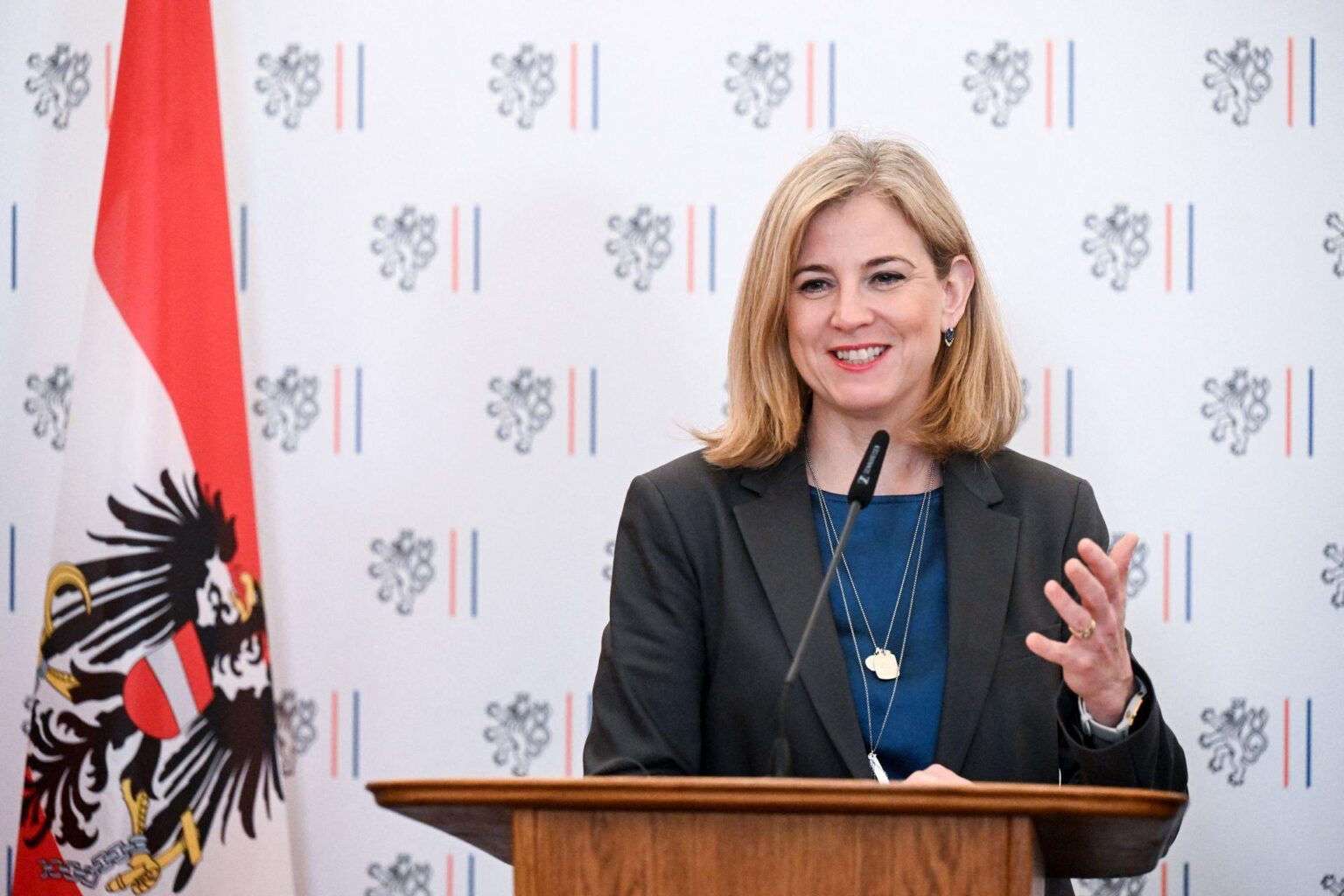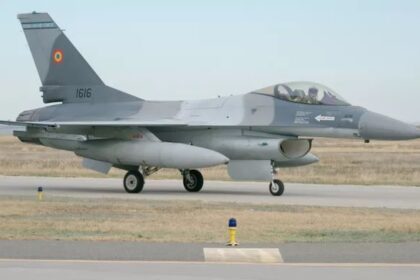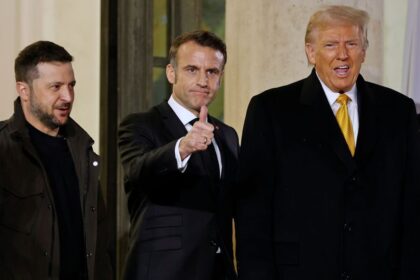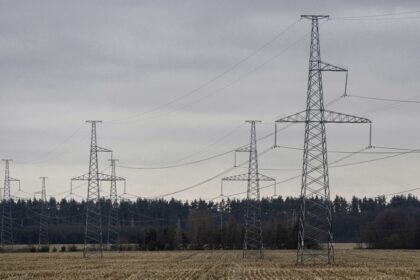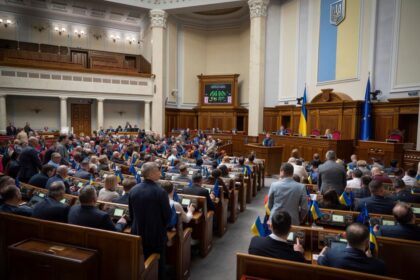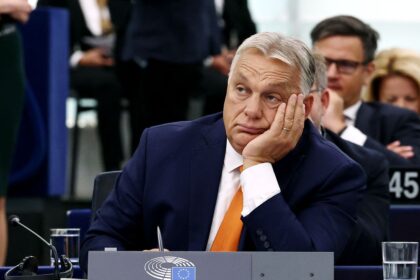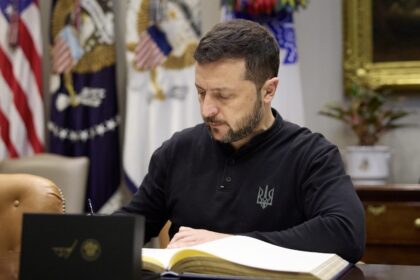**Austria’s Foreign Minister Opens Door to NATO Membership**
For decades, Austria has maintained a policy of neutrality, staying out of military alliances and conflicts. However, in an interview with German media outlet Welt on July 26, Austrian Foreign Minister Beate Meinl-Reisinger expressed willingness to engage in a “national debate” about the country’s potential accession to NATO.
Meinl-Reisinger cited Europe’s evolving security challenges in the wake of Russia’s war against Ukraine as a reason for reconsidering Austria’s neutrality. She emphasized that “neutrality alone does not protect (Austria)” and highlighted the need for stronger self-defense capabilities and deeper security partnerships.
This shift in policy comes at a time when neighboring countries, Finland and Sweden, have joined NATO in recent years. Finland officially became the 31st member of the alliance in April 2023, while Sweden’s accession followed in March 2024. Ukraine, which has been fighting against Russian aggression since 2014, applied for fast-track NATO membership in September 2022.
Meinl-Reisinger’s comments are significant, as Austria has traditionally been committed to neutrality since 1955, when it declared permanent non-alignment as part of a deal with the Soviet Union and Western powers. The country has participated in numerous EU-led peace missions and supports the European Union’s Common Security and Defense Policy.
However, Meinl-Reisinger warned that neutrality should not be equated with inaction. She said that Austria cannot afford to be naive and must take proactive steps to ensure its security. “We can’t sit back and say: If we don’t do anything to anyone, nobody will do anything to us,” she said.
Meinl-Reisinger’s openness to a national debate about NATO membership is a departure from the country’s traditional stance on neutrality. While there may not be majorities in parliament and among the population for joining NATO at present, Meinl-Reisinger believes that such a debate can still be fruitful.
**What This Means**
Meinl-Reisinger’s comments signal a shift in Austria’s foreign policy, which could have significant implications for the country’s relations with its European neighbors. If Austria were to join NATO, it would mark a major change in the country’s security posture and could lead to closer ties with Western powers.
However, joining NATO would also come with its own set of challenges, including the potential for increased military presence on Austrian soil. The country would need to carefully consider these implications and engage in an open and transparent debate about its future security policy.
Ultimately, Meinl-Reisinger’s willingness to engage in a national debate about NATO membership reflects a growing recognition among Austrians that neutrality alone may not be enough to protect the country’s interests in today’s uncertain world.




